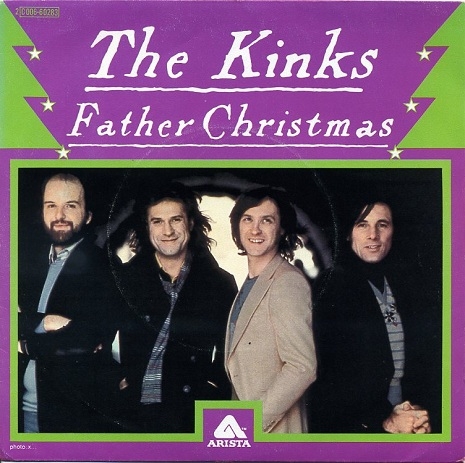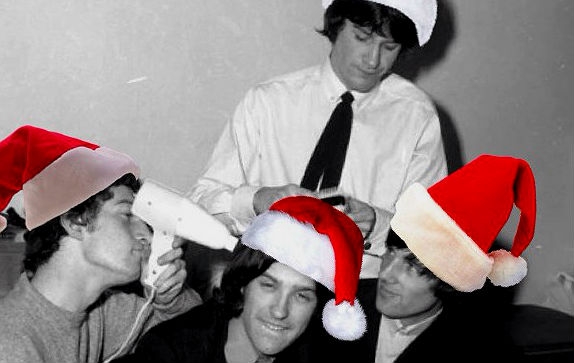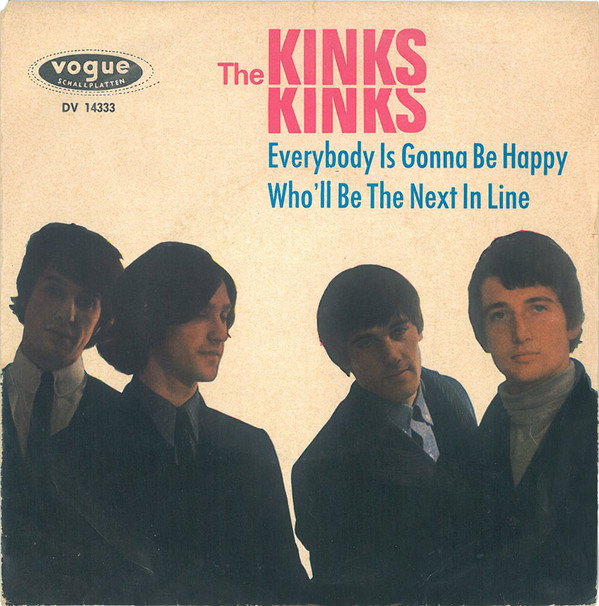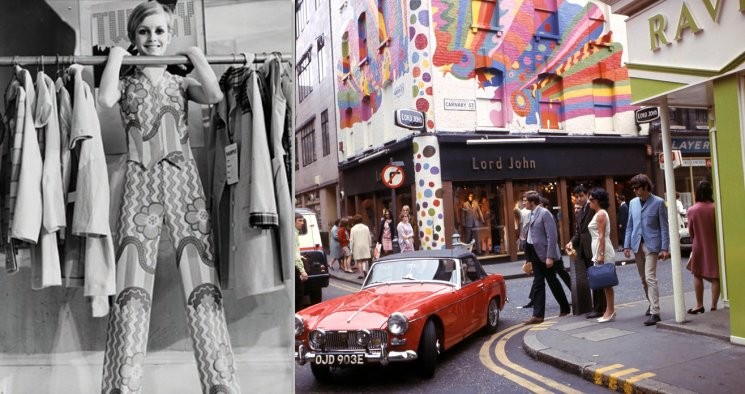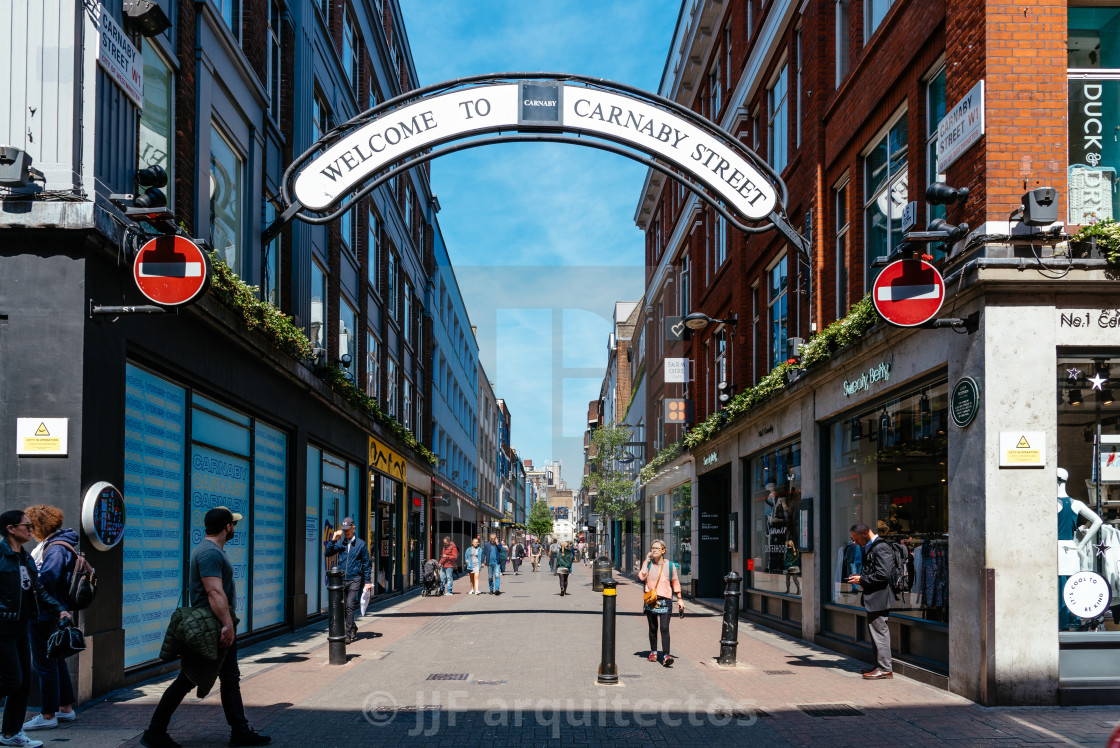I haven’t had a Kinks post in quite a while so I thought I would have one today. It’s always a good day to have a Kinks song. I’ve said this before but one of my favorite concerts was The Kinks in 1983 at the Grand Ole Opry House.
Ray Davies and nostalgia go together. He often writes about his past, the past, or preserving the past as in The Village Green Preservation Society. That is one of the many reasons I always liked his writing. I think of him…or should I say I think of Bruce Springsteen as the British Ray Davies. They write about the every day way of life in their respective countries.
The band was going through a rough time in 1965. Guitarist Dave Davies and drummer Mick Avory had an on-stage fight which resulted in Avory nearly decapitating Davies with a cymbal, Dave was left unconscious in a pool of blood. Avory ran away, terrified that he had killed him.
This was thought to have led to them getting banned from touring America. The other theory was The American Federation of Musicians delisted the Kinks not because of any rowdy behavior… It was simply because the band wanted to use non-union help during a concert tour. I tend to believe the latter.
This song was the B side to Till The End of the Day. The single peaked at #8 in the UK, #36 in Canada, and #50 on the Billboard 100 in 1965. The song was also released in 1973 with the flip side of Lola. The single didn’t chart. It was originally on the album The Kink Kontroversy.
Van Halen covered this song on their 1982 album Diver Down. David Bowie also covered it on his album Pin Ups.
Ray Davies: “We’d been rehearsing ‘Where Have All the Good Times Gone’ and our tour manager at the time, who was a lot older than us, said, ‘That’s a song a 40-year-old would write. I don’t know where you get that from.’ But I was taking inspiration from older people around me. I’d been watching them in the pubs, talking about taxes and job opportunities.”
Ray Davies: “I wanted to write a song my dad or relatives could sing, they always talked about how great it was before or during the war – I think every generation thinks that way.” “It’s got that hard edge The Kinks had, but at the same time, it’s got a reflective, poignant lyric.”
Where Have All The Good Times Gone
Well, lived my life and never stopped to worry ’bout a thing
Opened up and shouted out and never tried to sing
Wondering if I’d done wrong
Will this depression last for long?
Won’t you tell me
Where have all the good times gone?
Where have all the good times gone?
Well, once we had an easy ride and always felt the same
Time was on our side and I had everything to gain
Let it be like yesterday
Please let me have happy days
Won’t you tell me
Where have all the good times gone?
Where have all the good times gone?
Ma and Pa look back at all the things they used to do
Didn’t have no money and they always told the truth
Daddy didn’t have no toys
And mummy didn’t need no boys
Won’t you tell me
Where have all the good times gone?
Where have all the good times gone?
Well, yesterday was such an easy game for you to play
But let’s face it things are so much easier today
Guess you need some bringing down
And get your feet back on the ground
Won’t you tell me
Where have all the good times gone?
Where have all the good times gone?
Where have all the good times gone?
…



